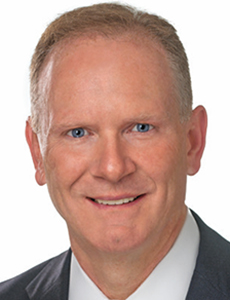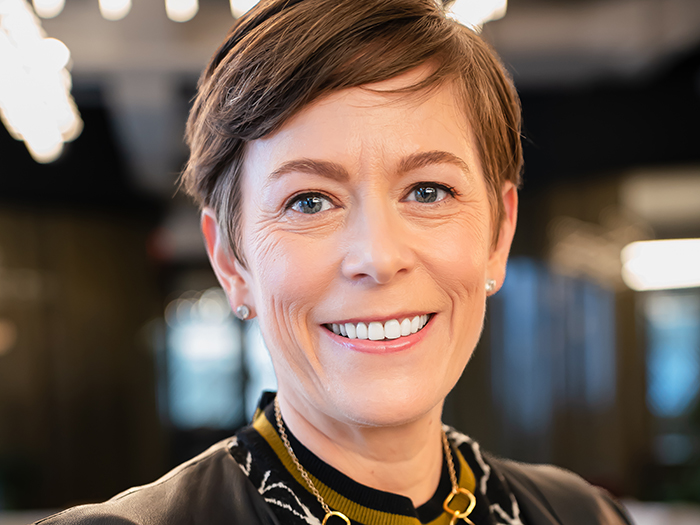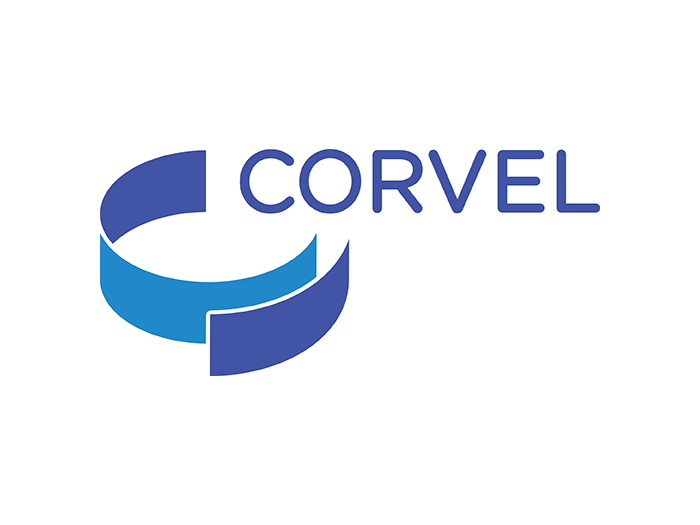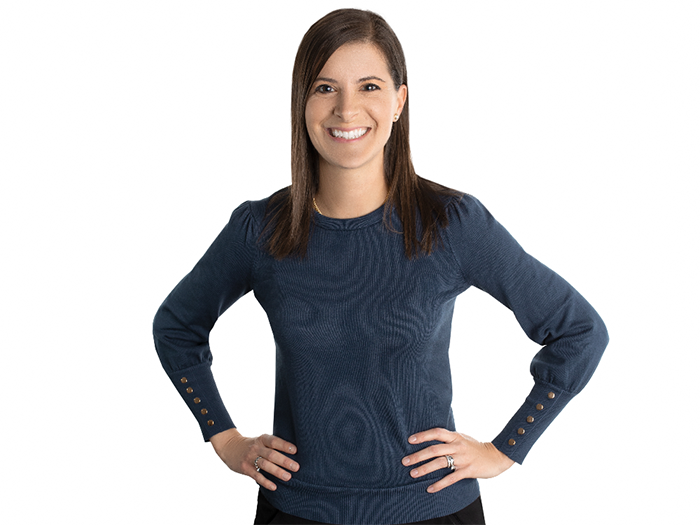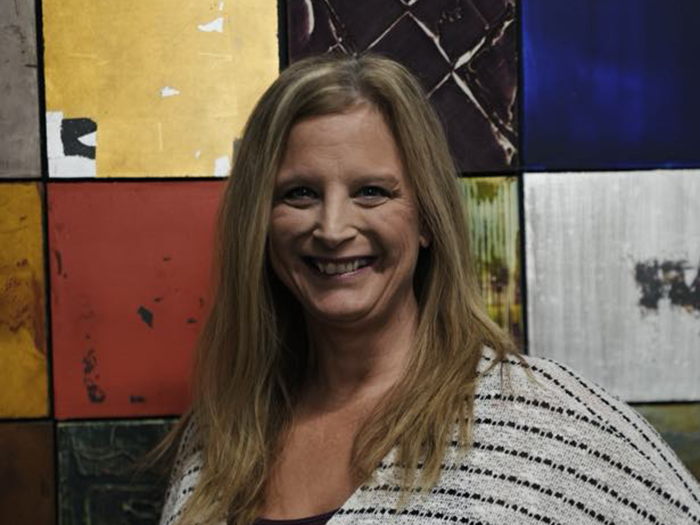Brokerage
Hanover’s Push into Specialty Aided by Good Communication with Agents
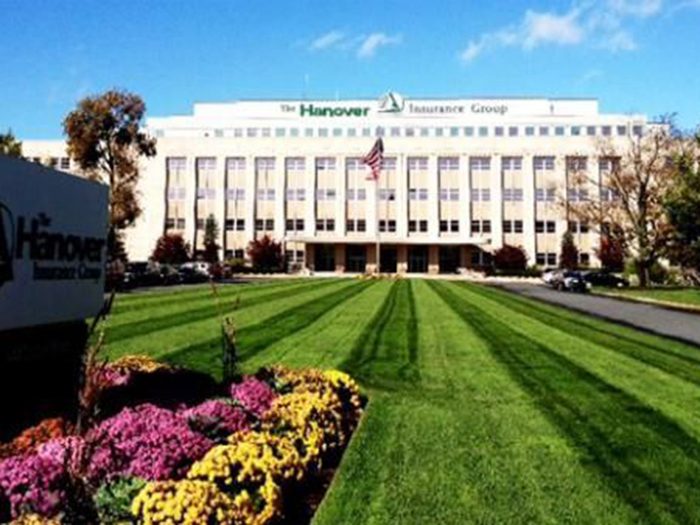
Distribution is critical for every insurance company. Hanover Insurance Group, a small- to middle-market player with its own network of agents, sees the relationship it’s built with its agency network as a crucial asset and something unique.
The key is a philosophy of responsiveness based on communication, collaboration and trust.
“I love the fact that they listen,” said Charles Brophy, president and CEO, HUB International New England and U.S. East Regional President, HUB International.
“I love that we have access to the senior management and not just from a perfunctory standpoint. They’re sincere about coming back and helping improve our operations.”
Hanover’s manageable size makes that possible.
“It’s not our approach to try to support and service thousands and thousands of agents,” said Bryan Salvatore, executive vice president and president of specialty at Hanover.
“Our model is actually very focused for a company that lives in the small commercial, middle-market space.”
Fostering Relationships
“The depth of that relationship becomes really important to us,” said Salvatore. “From our standpoint, less is more. And doing it right with a select group is more powerful than trying to service a much bigger percentage of the marketplace.”
“We have a kind of a narrow-distribution franchise view,” said Dick Lavey, president, Hanover Agency Markets. “We think about the agent across all of our businesses, and the only way that strategy works is if we have deep relationships, deep and broad.”
This is not to say that Hanover is small: “Over the last 10 years, Hanover has built a good-sized diversified specialty business,” explained Salvatore.
“We have strong expertise, people with decades of experience — dedicated expertise. We basically built a billion-dollar-premium specialty operation.”
But growth hasn’t changed their philosophy.
“They have the horsepower, the financial strength of a large company, the national breadth, a footprint in product,” said Brophy, “yet they still maintain that local touch, and in my opinion, a true caring.”
One way they do that is through a holistic approach, which avoids the silos of some other companies.
“If the agent has customers and product needs or coverage needs that touch seven different areas, we do the work to align internally so we’re doing the best we can to satisfy all those different needs,” said Salvatore. “He’s not having seven different experiences.”
And he doesn’t have to deal with seven people, either: “We have a key point person with that relationship: our regional vice president,” said Salvatore.
“It’s data plus dialogue that really informs us. My priorities are those needs that come out of the sharing of information and the dialogue that comes from the agent.” — Bryan Salvatore, executive vice president and president of specialty, Hanover Insurance Group
Having a single point person provides powerful benefits to agents.
“Time is money,” said Brophy. “We need to drive efficiencies, not only from technology, but in utilization of our time.
“If we can have an individual who takes ownership and will quarterback that opportunity internally instead of us going through all the different silos within Hanover — to have someone that can take it, build it, know where that talent and skill set in this product lie within the organization, and come back to us with a single solution — that’s tremendous.”
The Benefits of Collaboration
Providing that level of integration is no small feat, said Lavey.
“You can’t just snap your fingers and say, ‘I’m going to do the same thing.’ It takes a lot of commitment and time.”
It also takes a philosophy that values collaboration.
“The environment here is quite special,” said Salvatore. “There is not a lot of parochialism or silos … When we’re building out products, when we’re advancing those products, building out capabilities, we’re doing it in a way that says, ‘I don’t know that it needs to be in my unit. It can be in somebody else’s area, but let’s just make sure we work together to manage the outcome.’ ”
That philosophy extends to the top.
“They’re a fairly large company, yet the access to senior management — Jack Roche, Dick Lavey — they’re very approachable,” said Brophy.
“Their willingness to get in the trenches and work with us to come up with a solution for our customers is great. A lot of other carriers — you get the layers. You don’t necessarily have those layers over there.”
That listening has concrete impacts on Hanover. Salvatore cited one particularly resonant conversation with an agent who told him, ‘Don’t just build something and then bring it to me and say, Here it is. As you build it, check with us and make sure it’s fitting what we need in the marketplace.’
“That’s a more informed outcome,” said Salvatore, “that again reaffirms their confidence in us and that the end-product we deliver is stronger.”
According to Brophy, even Hanover’s expansion into specialty is due in part to listening to their agents.
“They were missing out on the opportunity to provide some of the specialty and some of the wraparound coverages,” he said. “So, to their credit, they listened, and went out and got the talent and grew out the program.”
Data, Plus Dialogue
Of course, effective communication is more than listening. It’s asking questions and sharing answers as well. Hanover drills deep into their agents’ books to understand their business.
“We have some proprietary tools that we use to engage with our agents,” said Lavey. “We have different ways to extract data and then present the data back in ways that put a spotlight on what the opportunities are for us, so there’s sort of a series of data extraction and data analytical tools.”
“It’s data plus dialogue that really informs us,” said Salvatore. “My priorities are those needs that come out of the sharing of information and the dialogue that come from the agent.”
That level of communication is only possible with trust: “You’ve got to have trust between the carrier and yourself,” said Brophy, “because you’re divulging all of your customer base, all your expirations, your premiums, your segments of business, your verticals, and enabling them to grab that data, to turn around and come back to you and say, ‘This segment of your business, we think we can improve. We think we can provide a better product.’ ”
According to Brophy, trust pays dividends beyond insurance products. Hanover provides actionable insights in areas such as Insurtech, hiring and retention and more, including some not directly related to Hanover’s business.
“In this day of disruptors and digital interaction and all the different ways customers want to be delivered, we have to listen to the voice of the customer and come up collectively with a solution that resonates with them,” he said.
“Hanover is willing to listen, talk about it and come up with a seamless solution for our clients.” &

